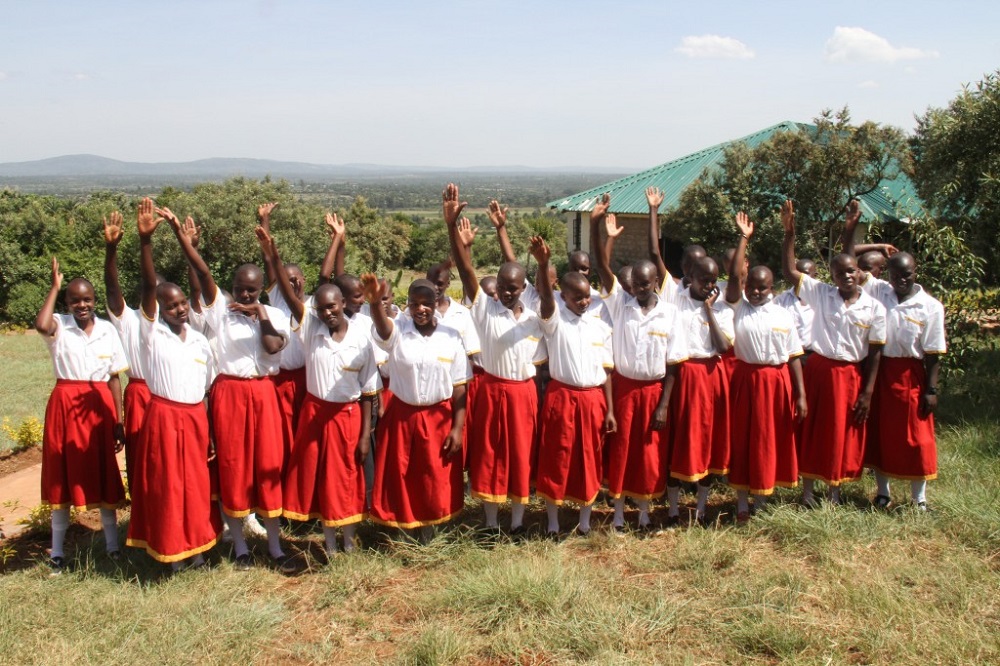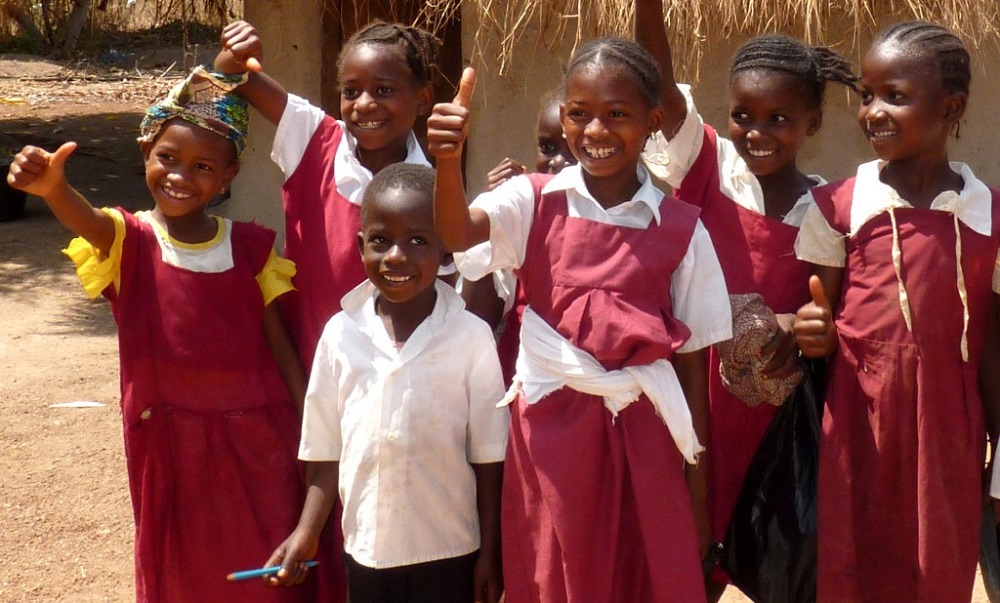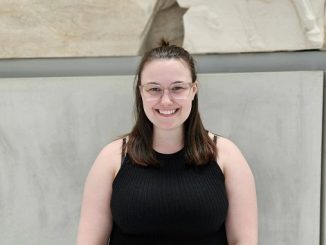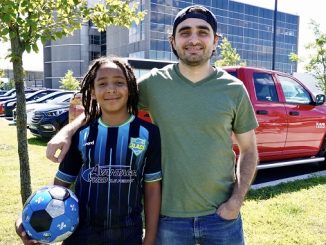Founded in Montreal in 2006, the 60 million girls Foundation is a working station of hope and empowerment for girls in the developing world. As a non-profit organization, the profound mission is simple: to champion quality education for the most vulnerable and marginalized girls, ensuring they have access to a transformative basic education. They firmly believe in the profound impact of education, recognizing its power to not only shape individual lives but also to alter the trajectory of entire communities and nations. We had the opportunity to speak with Wanda Bedard, the Founder and President, to discuss more about how the foundation contributes to the positive transformation of our shared global community.

Describe your charity/non-profit/volunteer work in a few sentences.
The 60 million girls Foundation was established in 2006 to support quality education for girls in the developing world. We support the most vulnerable and marginalized girls to have access to a quality basic education. Education transforms girls’ lives and the trajectory of their communities and countries. Educated girls have smaller families, lower maternal and infant mortality rates, higher incomes and are one of the major actors in reducing the impact of climate change around the world.
What problem does it aim to solve?
The Foundation was established to address a glaring need: 60 million primary-aged girls around the world were out of school, more than half the global total at the time. When girls are not in school, they get married earlier, have children at too young an age and can’t contribute their full potential to help solve the planet’s most intractable problems. Women are half the world: we cannot do without their intelligence, skills and talents.
When did you start/join it?
I founded 60 million girls in 2006 with other like-minded women to raise funds to support the most innovative girls’ education programs in the world. We are a completely volunteer-run organization and so over 99% of every donation dollar received goes directly to the projects we support. I even pay all my own expenses when I travel to visit the projects we have supported. To date, we have invested $4.3 million in 38 projects in over 20 countries supporting more than 80,000 children.
What made you want to get involved?
In 1998-1999 after reading about the situation of girls living under Taliban rule in Afghanistan – unfortunately almost the same situation girls and women are faced with there today, once again, I decided to do what I could to make sure all girls had the chance to get an education, a basic right enshrined in the Convention of the Rights of the Child.
I’ve been very fortunate in life: growing up in a peaceful and democratic country like Canada and having a family that supported me and enabled me to have a good education. I cannot imagine what my life would have been if I had been born almost anywhere else in the world. As a woman, I know just how much we can contribute to society.
What was the situation like when you started?
In 2006, over 60 million girls of primary school age were not in school and girls made up more than half of all children not in school despite being 50% of the population.
How has it changed since?
More children, and girls, are enrolled in school today though the quality of education is extremely poor in the most isolated and fragile communities around the world. There are still too many obstacles that impede a girl’s ability to attend school. Girls are the first to be taken out of school when a family is hit by a catastrophe – whether conflict, climate change, loss of income, parents dying from HIV/AIDS or other diseases in the prime of their lives.

What more needs to be done?
An investment in girls’ education has repercussions far from her own community as well. It is only by including every child in the work of a strong community that we will enable them to become more resilient to climate change and to mitigate its impact. They will also become more involved in supporting each other thereby lowering the risk of conflicts and wars. When all women and girls are part of the development process, solutions work better and are more durable.
How can our readers help?
Take action! Whether it be by making a donation, volunteering your time, expertise or services, or donating Aeroplan Miles – every step counts!
Do you have any events coming up?
We are preparing a Hackathon Event that will take place in March 2024 on the campus at McGill. Coders, programmers, education specialists, and international development students are all welcome!
Where can we follow you?
PAY IT FORWARD: What is an awesome local charity that you love?
Lakeshore Kiwanis Club of Montreal




